In addition to Weibo, there is also WeChat
Please pay attention

WeChat public account
AutoBeta


2024-11-17 Update From: AutoBeta autobeta NAV: AutoBeta > News >
Share
AutoBeta(AutoBeta.net)06/15 Report--
Recently, Volkswagen and Mercedes have expressed support for the European Union to ban the sale of cars with internal combustion engines after 2035. It is understood that on June 8, the EU passed a 2035 ban on the sale of fuel vehicles, which includes hybrid vehicles, starting from 2035. In the voting process, there were 339 votes in favor, 249 votes against and 24 abstentions. Although the bill was finally passed, it is not difficult to see that the voice of opposition is not small.
As for the 2035 ban on the sale of fuel vehicles, Volkswagen called the new regulation "ambitious but achievable" and said it was "the only reasonable way to replace internal combustion engines ecologically, technically and economically". Mercedes-Benz said it would sell 100% of its electric cars by 2030.
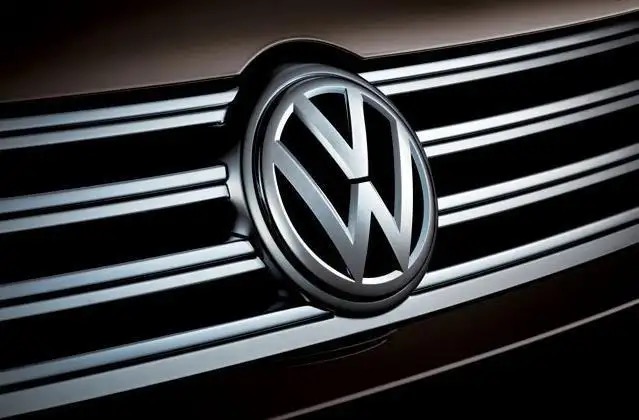
It is worth noting that Volkswagen's brands are already speeding up the process of electrification. In 2021, Audi announced that it would stop developing gasoline or diesel engines and would completely switch to the development and production of electric cars in 10 to 15 years. It said that Audi will only launch new models with pure electric power on the global market from 2026, and stop producing new gasoline, diesel and hybrid cars, but its new models launched before 2026 will continue to be produced and sold by 2033. Audi is accelerating the transition to electrification, phasing out the production of internal combustion engines and achieving zero emissions by 2050 at the latest. The Bentley brand plans to launch only electric models from 2025 and stop selling internal combustion engines from 2030. Under the electric wave, Mercedes-Benz is also speeding up the electrification process. According to its Mercedes-Benz plan to launch eight new energy products to the Chinese market in 2022, including pure electric products such as the new EQS SUV, and plug-in products of C-class, S-class and other models.
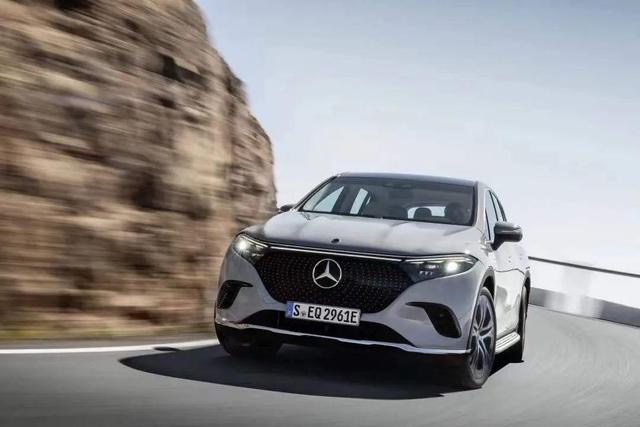
Of course, there are car companies supporting the ban on the sale of fuel cars, and some car companies have expressed concern. BMW CEO Oliver Chipze said in an interview with the media that the German car industry is vigorously promoting electric cars and new models are steadily being launched, "but given the daily uncertainty experienced around the world, any long-term policy of more than a decade is premature. It said a transparent review was needed to define goals beyond 2030. While BMW is worried about a total ban on the sale of fuel vehicles, its electrified transformation is actually accelerating. According to its plan, by 2030, at least half of BMW's total global sales will be pure electric cars, and the company's major brands will be fully electrified.
In fact, many car companies have announced their own timetable for stopping production of fuel vehicles. Volkswagen Group, for example, says it will stop production of fuel vehicles by 2035. Volvo says it will be fully electric by 2030. Nissan also said it would stop selling fuel vehicles in 2025, and Toyota plans to sell 3.5 million electric vehicles a year after achieving 100% pure electric in China, Europe, North America and other regions by 2030. BYD also announced this year that it would stop the production of fuel vehicles from March this year and make a full transition to electrification. BAIC and Changan also said they would stop selling fuel vehicles in 2025. Ford has also said it will invest 230 million pounds to restructure an engine plant in northern England to produce power units for electric vehicles, and that it will fully electrify its models in 2025. In February last year, Jaguar Land Rover, owned by India's Tata Group, released a global development strategy, with Jaguar taking the lead in starting the electrification process, which is expected to be electrified into an electric vehicle brand by 2025.
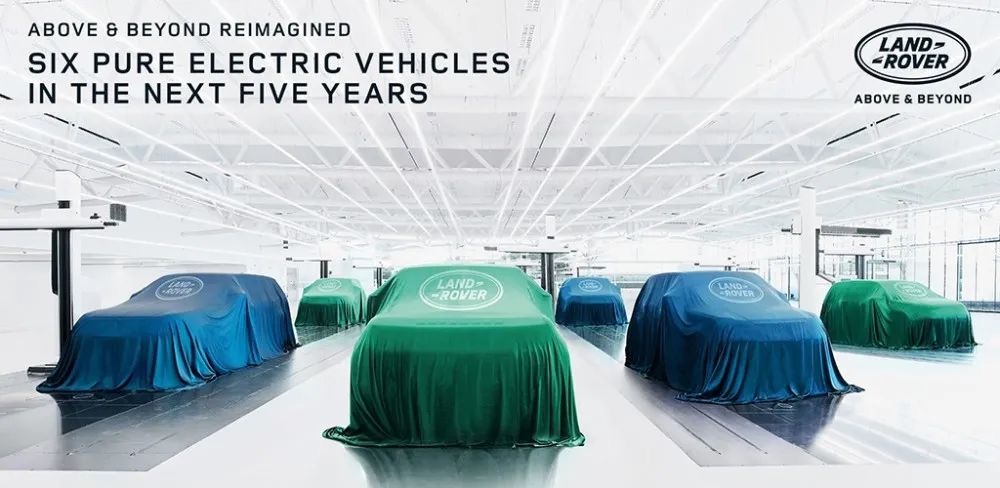
In addition, in addition to the car companies have announced a timetable to stop the production of fuel vehicles, the market has also given positive cooperation. According to incomplete statistics, including Norway, the Netherlands, France, the United Kingdom, California, Germany and India and other markets said they will ban the sale of fuel vehicles. In the Chinese market, the State Council issued the "Action Plan for carbon Dafeng before 2030" on October 26, 2021, clearly proposing to vigorously promote new energy vehicles and gradually reduce the production and sales ratio of fuel vehicles.
It is not difficult to see that the trend of electrified transformation is the general trend. In this regard, some industry insiders said that in the context of a public ban on the sale of fuel vehicles in some countries and car companies, the suspension of the sale of fuel vehicles across Europe is natural. At the same time, in both short-term and medium-and long-term dimensions, the intensity of EU carbon reduction will only increase, which will provide a long-term backing and guarantee for the promotion of electric vehicles in Europe. However, there are also views that an one-size-fits-all ban on fuel vehicles will cause huge losses at both the technical and economic levels. Because it needs to be taken into account that the company has invested a lot of money in this regard.
Welcome to subscribe to the WeChat public account "Automotive Industry Focus" to get the first-hand insider information on the automotive industry and talk about things in the automotive circle. Welcome to break the news! WeChat ID autoWechat
Views: 0
*The comments in the above article only represent the author's personal views and do not represent the views and positions of this website. If you have more insights, please feel free to contribute and share.







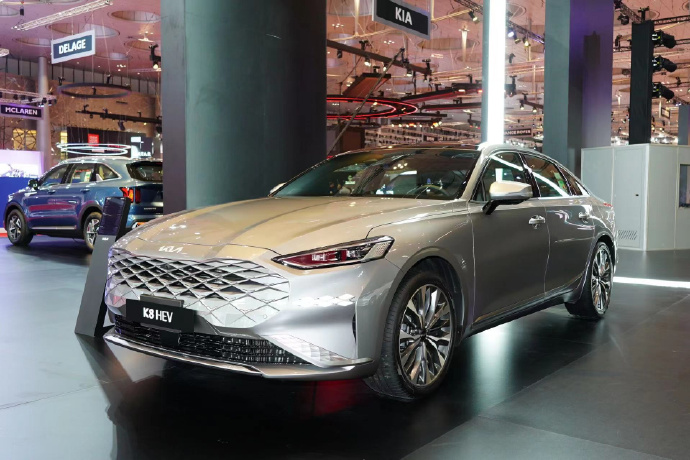

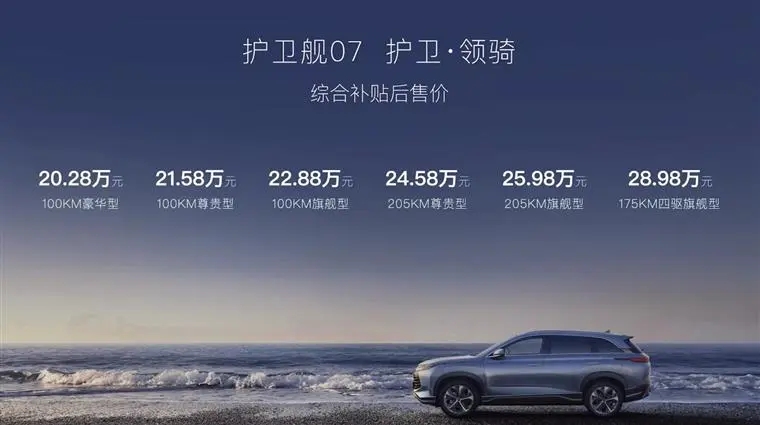

© 2024 AutoBeta.Net Tiger Media Company. All rights reserved.